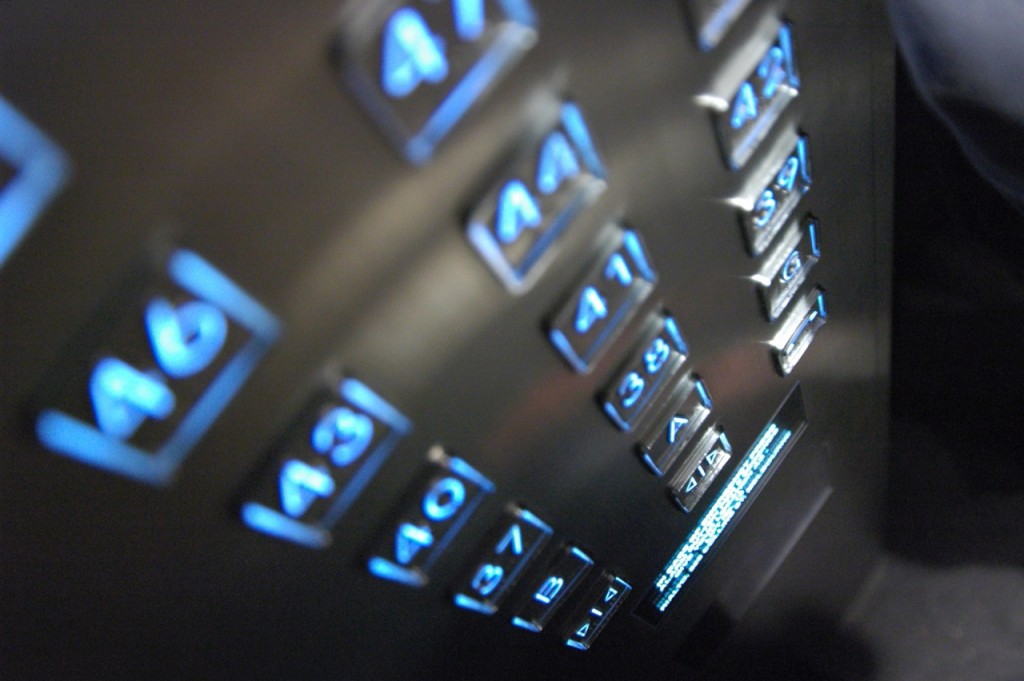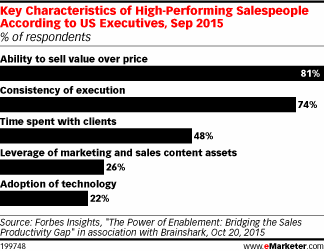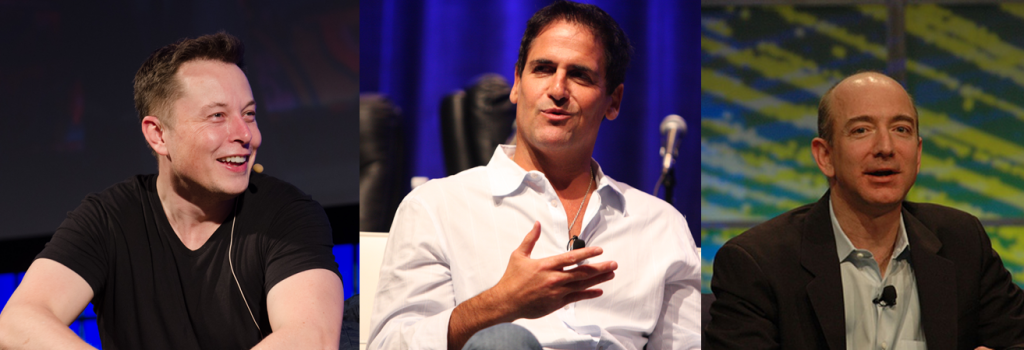These days, you hear the same murmurings everywhere you go. Stations have the ratings, but sales are lagging. Market caps have shrunk since the recession. Revenue is flat or down. Sales continues to be the top priority.
In speaking with many programmers over the past year, a visit by the corporate team is often focused on the sales effort. It’s not that ratings, brands, and content don’t matter. They do, of course. But in so many situations, the ratings are there but the sales aren’t.
Radio simply has found itself in the uncomfortable position of having to demonstrate its core value: after more than 70 years of being a part of consumers’ lives.
The storied relationship between ratings and sales has broken down. It used to be that if you got great ratings, sales would naturally follow. Many of us have experienced the joy of working for stations that consistently had great numbers, book after book. And as a result, sales teams were pretty much able to set rates, terms, and conditions.
Today, nothing is easy. Even stations with great track records, heritage morning shows, and monster brand equity are fighting for every buy and every dollar.
A new study from Forbes Insights and Brainshark reiterates the importance of sales to all companies, corporations and brands. Bruce Rogers, an executive with Forbes Media, gets to the point:
“Put plainly, sales productivity matters to top leaders today – and it should. Results show that it’s the most important management focus for companies, more critical than any other factor.”
I’m seeing scores of radio executives nodding their heads in unison, because what Rogers is saying is true.
eMarketer breaks it down this way:
In a study of more than 200 U.S. based executives about sales productivity, eight in ten point to a sales rep being able to demonstrate the value of their product over its price. And let’s not lose sight of the second most important variable – consistency. And that translates to dependability.
And isn’t that essentially the challenge facing radio’s sales teams? The Three R’s – ratings, rankers, and rate cards – no longer drive decisions, nor do they necessarily connect to results.
The leap of faith that advertisers have taken for decades – buy radio ads and hope they reach core consumers – is rapidly being replaced by ROI, accountability, and value. A salesperson’s ability to show clients that, in fact, “radio works,” goes to the heart of the challenge.
We saw this over two days at DASH earlier this month. Whether it was the head of Ford Direct (the branch that allocates co-op dollars) or the presidents of local car dealerships, the need to demonstrate radio’s core value is essential to keeping the industry vital and relevant.
Radio has to prove itself all over again.
Now we know what it feels like to be a start-up.
In the last 10 years, we’ve seen the slide decks from fledgling new companies calling themselves “game changers,” we’ve watched wannabe entrepreneurs on Shark Tank, and we know how elevator pitches work.
So if radio didn’t exist, how would you pitch the concept to Mark Cuban and his shark friends on a Reality TV show? What would you say to Elon Musk about why he should market his new line of Tesla SUVs on your station if you were lucky enough to step on an elevator with him on the 72nd floor of a skyscraper? How would you go about convincing Jeff Bezos to choose your local cluster to announce his newest Amazon Prime offering?
For radio sales teams, this goes well beyond demonstrating reach or that 90% of Millennials turn on a radio every week.
In fact, it has nothing to do with:
- The first quarter sales trip to Cancun
- Throwing in the fourth station in the cluster
- Live reads
- The van, the card table, the tent, and the prize wheel
- Value added
It is about proof of concept, demonstrating the value of the medium and its brands as an effective marketing platform.
It has everything to do with these ideas:
- That radio’s personalities are an essential part of consumers’ lives.
- That radio is moving into new content and delivery models, like podcasts, streams, and video.
- That radio is a “windshield medium,” essential to drivers as they commute, shop, and spend leisure time.
- That radio is an essential part of communities, connected to the values of local residents.
- That radio provides one-to-one companionship while people work and drive.
- That a call to action on the radio performs better than any other medium.
- That radio can deliver targeted groups of listeners effectively.
- That radio can provide ROI along with mass reach.
- That radio’s digital and terrestrial assets can influence behavior, from physically showing up at a store or even to clicking on a link.
- That radio can solve an advertiser’s problems with integrated combinations of marketing assets that move the needle and generate store and web traffic – and commerce.
The doors are open. It’s time for radio to step into the elevator and make the pitch.
- Media In 2025: Believe It Or Not! - January 15, 2025
- Every Company Is A Tech Company - January 14, 2025
- The Changing Face Of Social Media (OR WTZ?!) - January 13, 2025







While I understand there is low confidence factor in the minds of many radio reps due to the constant onslaught “new technology” buzz…”radio is old school”…the problem for many sales reps, and most sales managers, is they are so focused on making this month’s budget they forget that the prospect has marketing problems they want to solve. I have been overseeing the media buys for a high end golf community for the last 4 years. Not once has any media rep ever come to us and asked what our challenges are. They always, 100% of the time come into our buyers office and pitch their latest digital “value added” feature if we buy their conventional medium. They have never asked for a meeting with me or our COO. I get the idea of the elevator pitch but the industry has to develop problem solvers instead of short term focused pitch persons. Yes radio does have significant value but only if couched in terms of solving a marketing challenge faced by almost every future customer.
Jim, I believe we’re on the same page here. Radio could stand to brush off its basic value proposition, but you note, it’s about what tools in the tool kit can help solve a client’s problem. Thanks for the insightful comment.
You hit this one outta the park, Fred!! As an industry…we’ve GOT to get our heads out of the sand. I couldn’t the typical radio rep pitching our medium to Elon Musk. He’d eat them alive!
Biv, thanks for the kind words. Back in the day, you were one of those sales guys who understood more than ratings and rate. How the power of radio can become a marketing tool in the digital age goes to the heart of the challenge. Appreciate you weighing in.
Gentleman – may I pose a few questions? First, content. Talk Radio is nearly 100% white, conservative, and mostly older men. You do know women make the majority of household purchasing decisions. According to a 25,000 (massive sample) study by Pew, woman lean Democratic 52-36%. Post-graduate women (who buy lots of things) lean Dem 64-29% and Millenials lean Dem 51-35%. As a woman (and a broadcaster) I don’t even know anyone who turns on heritage stations like WABC, WLS (where I worked for 8 years), or WJR. Listening to 50 shades of angry is not an easy product to sell. And these stations are all in what are considered Dem base cities. So why do executives keep recycling old conservative males (Savage for Rush) and never try to innovate? I listen to Rush on WJR occasionally and Savage in my car and hear almost nothing but PSA’s. Besides Carbonite and Health Miracles, where should sales reps go? If one grocery store only sold lemons and no other produce, why would anyone but a lemonade addict shop there?
I know thats Talk Radio (with political overkill) so you can tune in a Religious station and get pretty much the same thing (all Right-Wing Evangical). Even personality Radio, like Howard Stern, and Dennis Miller – all male and misogynist at times as well. Of course, woman do listen to Sports Radio, but pretty much only football and in small numbers.
The best thing Sales GM could do is walk over to the OM (because they don’t have PD’s anymore and demand more diversity in programming that can be sold to local and national agencies and not be perrenially on their “Do Not Buy” lists. Radio execs are drowning in debt and scratching their heads why their sales stink. I would sincerely appreciate your thoughts on this blindspot?
Nancy Skinner
Nancy, as someone who has never worked in Talk Radio but occasionally tries to listen, I feel your pain. As a good friend told me once, the last thing women want to hear is angry guy. So I don’t get it either. Then again, today’s political environment – right now today – is off the charts, crazy, but really happening. And I’m not sure what that means for today or the immediate future.
But yes, Talk Radio seems to have eliminated itself from key audience groups. And I’ll leave it to readers of this blog post to perhaps explain why.
As for me, I have enough on my hands trying to consult Rock stations. Thanks for writing, and I hope that someone who has more expertise than me (like tomorrow’s guest blogger, Val Geller) can provide you with a more accurate and studied explanation.